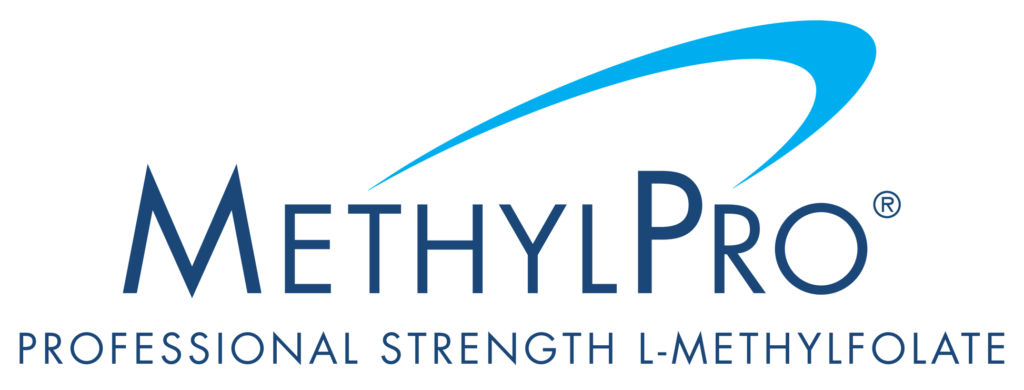As the seasons change, so too can our emotions and cognitive well-being. For many, the arrival of spring marks a turning point that goes beyond blossoming flowers and warmer weather. In this article, we will delve into the phenomenon of “winter blues” and seasonal cognitive dysfunction. We’ll also explore how this transformative spring season can be a catalyst for emotional and cognitive rejuvenation.
Understanding Seasonal Cognitive Dysfunction
While not a widely recognized term, seasonal cognitive dysfunction refers to the subtle yet noticeable shifts in cognitive function that some individuals experience with changing seasons. In general, older adults tend to perform significantly worse on tests of cognitive function in darker, winter months [1]. There is also quite a bit of scientific data that explains the common complaint of “winter blues”, or feeling low and lethargic in the wintertime.
Changes in circadian rhythms are probably the main reason behind seasonal effects. Exposure to light rules the internal clock and can modify brain function [2]. Of course, diet and lifestyle choices can push these effects in different directions. One crucial player in this intricate dance is methylfolate. Methylfolate is a form of vitamin B9 essential for various biochemical processes in the body; and particularly, those related to brain function (more on that later).
Winter Darkness and Circadian Rhythms
When the sun goes down, darkness triggers the pineal gland in our brains to secrete a hormone called melatonin. Melatonin’s job is to prepare us for sleep. The earlier it gets dark, the earlier that melatonin spike arrives, and the earlier we feel sleepy.
Melatonin is released through the night to help keep us asleep. When light comes, the retina of the eyeball detects it (even through closed lids) and sends signals to the brain to slow melatonin production, allowing the brain to wake and stay alert through hours of light. This means, that during the wintertime with longer nights, the brain is making more melatonin than in lighter seasons. That was an evolutionary boon in times before electricity or year-round work schedules, but now, fighting it can zap our energy and leave us feeling blue. Listen to Mother Nature and entertain the possibility that you may feel better with a different sleep/wake cycle in the winter than the summer. When schedules allow, experiment with getting more sleep.
Cerebral blood flow can also be affected by ambient temperature and light exposure. Colder temps and longer hours of darkness can slow the flow of blood to our brains. Cerebral blood flow can also affect cognition [1].
As we transition into spring, however, a remarkable transformation often takes place.
Spring: A Season of Renewal
Now, let’s explore why spring in particular can be a turning point for many. As the days grow longer, and natural light exposure increases, our circadian rhythms become more synchronized. The ratio of melatonin to serotonin starts to tip towards less melatonin and more serotonin [3]. Serotonin is the neurotransmitter we typically associate with a balanced, positive mood.
Vitamin D, which we make internally in response to sun exposure also contributes to serotonin production [3]. This shift in hormones and neurotransmitters has a profound impact on mood, energy levels, and cognitive function [3].
Additionally, the abundance of fresh produce that becomes available in spring offers an opportunity to nourish our bodies with the nutrients they need. Methylfolate-rich foods such as leafy greens, lentils, and avocados can become staples in our diets, providing a natural boost to cognitive health.
Methylfolate: The Unsung Hero
Methylfolate, the active form of vitamin B9, plays a pivotal role in supporting cognitive health. It serves as a methyl donor, participating in the methylation process, which is essential for the synthesis of neurotransmitters like serotonin, dopamine, and norepinephrine. These neurotransmitters are the messengers that regulate mood, motivation, and cognitive function.
Some people are genetically predisposed to be less efficient at converting folic acid, the synthetic form of vitamin B9 found in many supplements, into its active form, methylfolate [4]. Others of us lose efficiency as we age [4]. This conversion is a critical step for reaping the cognitive benefits of this essential nutrient. By choosing a high-quality supplement that provides methylfolate directly, individuals can ensure their bodies receive the optimal form of vitamin B9 for cognitive support [4].
The Power of Mind-Body Connection
Beyond the biochemical processes, there’s a powerful mind-body connection that comes into play during the spring season. The symbolic rebirth of nature around us can inspire a sense of renewal within ourselves. Taking the time to engage in mindful practices such as meditation, yoga, or simply spending time outdoors can further amplify the positive impact of the seasonal transition.
It’s essential to recognize that achieving optimal cognitive well-being is a holistic journey. By combining the benefits of methylfolate supplementation with mindful lifestyle choices, individuals can unlock their full cognitive potential.
5 Inspirational Wellness Practices
- Morning Rituals: Begin your day with purposeful morning rituals. Whether it’s sipping on a cup of antioxidant-rich green tea or taking a few moments for deep breathing exercises, setting positive intentions can have a profound impact on your outlook.
- Nourish Your Brain: Embrace whole, nutrient-dense foods. Include methylfolate-rich options such as spinach, broccoli, and chickpeas, or a supplement like MethylPro, to provide your brain with the essential building blocks it needs for optimal function.
- Movement for Mindfulness: Incorporate regular physical activity into your routine. Activities like walking, jogging, or practicing yoga not only benefit your physical health but also contribute to improved mood and cognitive clarity.
- Digital Detox: Take intentional breaks from screens and digital devices. Disconnecting from the constant stream of information allows your brain to recharge and promotes mental clarity.
- Express Gratitude: Cultivate a sense of gratitude for the positive aspects of your life. Journaling or simply reflecting on the things you’re thankful for can foster a positive mindset and support emotional well-being.
Spring into Feeling Brighter!
In conclusion, the arrival of spring symbolizes more than just a change in the weather—it’s an opportunity for transformation and renewal, on a cognitive and emotional level. By understanding the role of methylfolate in supporting brain function and embracing holistic wellness practices, individuals can navigate the season with a renewed sense of vitality and inspiration.
Remember, your cognitive well-being is an ongoing journey, and each season offers a unique opportunity for growth. Embrace the beauty of spring, nourish your mind and body, and unlock the full potential of your cognitive vitality. Here’s to a season of renewal and thriving cognitive wellness!

